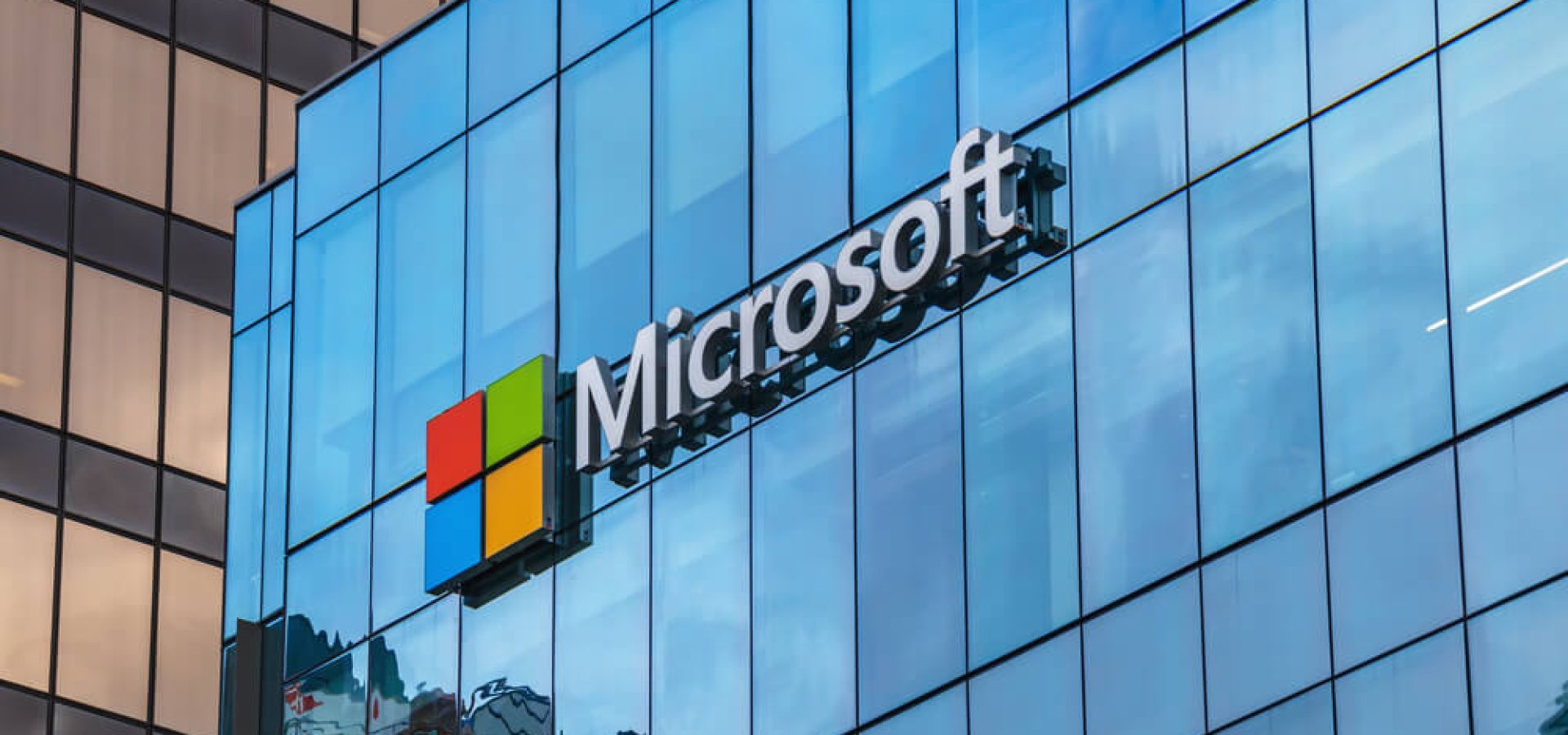Quick Look
- Microsoft acquires Activision Blizzard for $69 billion, marking a significant shift in console war dynamics.
- Sony responds with the acquisition of Bungie, intensifying the battle for top developers.
- Microsoft’s revenue in the personal computing segment, including Xbox, surged by 19% to $16.89 billion in Q4 2023.
- Microsoft announces the end of certain Xbox exclusives, signalling a potential change in console war strategies.
- Game Pass remains exclusive to Xbox and PC, with Diablo IV from Activision Blizzard set to join the service.
- Despite regulatory challenges, Microsoft’s moves could redefine industry standards and competition.
The landscape of console wars has undergone profound transformations since the 1980s, with initial battles between Atari and Nintendo giving way to Sega’s entry in the 1990s. The early 2000s saw Sony’s PlayStation and Microsoft’s Xbox emerge as dominant forces, setting the stage for today’s highly competitive environment. Recent developments, however, indicate a strategic pivot, particularly from Microsoft, that could redefine the future of console gaming.
$69B Deal Fuels 19% Surge in Xbox Revenue
In a bold move, Microsoft completed its acquisition of Activision Blizzard for $69 billion in October, nearly two years after its announcement. This acquisition, alongside Sony’s purchase of Bungie, underscores a strategic push to secure top developers and exclusive games, a testament to the escalating stakes in the console wars. The impact of these acquisitions is already evident, with Microsoft’s personal computing business, encompassing Xbox games and services, witnessing a 19% growth to $16.89 billion in Q4 2023. Notably, Xbox-related revenues saw a 61% increase for the same period, significantly buoyed by Activision Blizzard’s contributions.
Xbox Ends Exclusives: A New Gaming Strategy
Microsoft announced its decision to make four previously Xbox-exclusive titles available on PlayStation and Nintendo platforms. This move, while not affecting major titles like Starfield and Indiana Jones, signals a potential shift away from traditional console exclusivity. Phil Spencer, Microsoft Gaming CEO, further indicated that exclusive games might become a lesser part of the industry’s future. Despite this, the Game Pass subscription service—Microsoft’s answer to Netflix for video games—remains exclusive to Xbox and PC, emphasizing the company’s strategy to balance broad game availability with retaining exclusive elements.
Xbox’s Bold Moves Amid Antitrust Eyebrows
The acquisition of Activision Blizzard faced global opposition from antitrust regulators and sparked competition concerns from rivals like Sony. Despite these hurdles, Microsoft’s strategic manoeuvres, including the expansion of Game Pass and the inclusion of high-profile Activision Blizzard games like Diablo IV, are set to bolster Xbox’s market position significantly.
Microsoft’s recent decisions suggest a strategic adaptation to changing industry trends and consumer demands. By focusing on the broader accessibility of games across platforms while maintaining certain exclusives, Microsoft is not only redefining its approach in the console wars but also contributing to an evolving gaming landscape that prioritizes inclusivity and community expansion.









COMMENTS